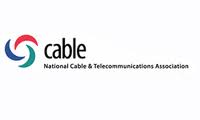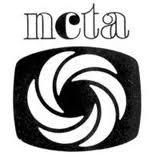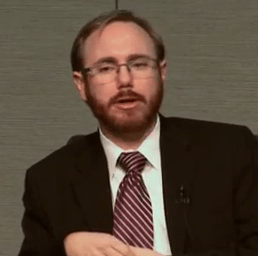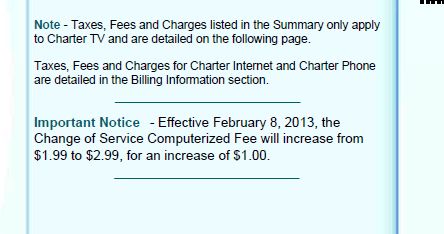 Echoing the sentiment of many of the member organizations that finance it, the nation’s largest cable lobbying group — the National Cable and Telecommunications Association — may now see itself as a trade organization of broadband providers, so it is considering a name change.
Echoing the sentiment of many of the member organizations that finance it, the nation’s largest cable lobbying group — the National Cable and Telecommunications Association — may now see itself as a trade organization of broadband providers, so it is considering a name change.
The group filed a trademark application for the brand, “NCTA The Internet and Television Association” at the end of December according to a report by Fierce Cable.
An NCTA spokesperson claimed the new name was just an idea at this point and no formal name change is anticipated at this time. But the move does represent a growing trend away from the product its members are most famous for providing: cable television.
 The NCTA got its start in September 1951 as the National Community Television Council, representing the interests of operators that provided community antenna service primarily in the mountainous Appalachian region. The following year it was rebranded the National Community Television Association (NCTA).
The NCTA got its start in September 1951 as the National Community Television Council, representing the interests of operators that provided community antenna service primarily in the mountainous Appalachian region. The following year it was rebranded the National Community Television Association (NCTA).
By the late 1960s, “community television” was dropped in favor of “cable television” and the group remained known as the National Cable Television Association until 2001, when operators realized the growing importance of broadband. As a result, the group adopted the name it still uses today: the National Cable & Telecommunications Association.
The NCTA is dominated by the nation’s largest cable operators, particularly Comcast and Time Warner Cable. Smaller, independent cable operators have felt disenfranchised from the NCTA, which caters to the interests of enormous corporate telecommunications companies, so 150 independent operators banded together and formed the American Cable Association (ACA) in 1993.


 Subscribe
Subscribe

 Google Voice
Google Voice


